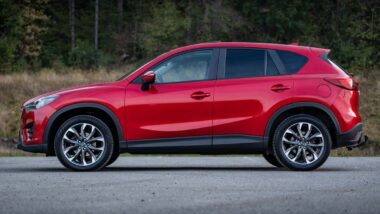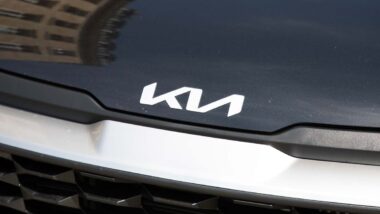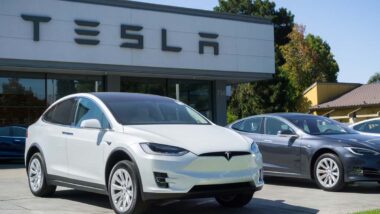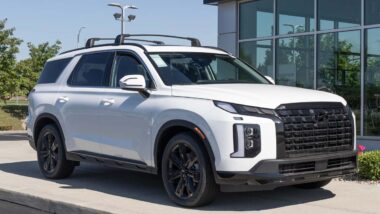Top Class Actions’s website and social media posts use affiliate links. If you make a purchase using such links, we may receive a commission, but it will not result in any additional charges to you. Please review our Affiliate Link Disclosure for more information.
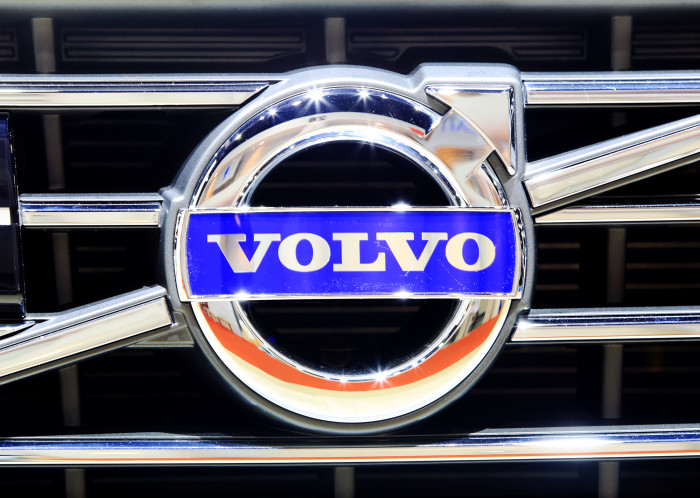
In November 2017, following an appeals court’s reversal of a previous dismissal, U.S. District Judge Harry Leinenweber concluded plaintiffs Khadija and Xavier Laurens have adequately alleged that Volvo falsely represented the electric-only driving range of its XC90 T8 plug-in hybrid sport utility vehicle.
The same statements could constitute an express warranty, the violation of which would be subject to proof, the judge said.
As for the plaintiffs’ claim for common law fraud, Judge Leinenweber concluded it was well pleaded against defendant Volvo Car USA LLC but not against defendant Volvo Cars of North America. The allegedly false statements were contained in promotional materials published only by Volvo USA, the judge noted, and the corporate affiliation between that defendant and Volvo Cars of North America is not enough to rope the latter defendant into a fraud claim.
Judge Leinenweber dismissed the fraud claim as to Volvo Cars of North America without prejudice, giving the plaintiffs an opportunity to amend their pleadings as to that claim.
The Laurenses filed this Volvo class action lawsuit in April 2016. The Volvo lawsuit 2016 complaint alleged that when running on electric power only, their Volvo XC90 T8 gets only a fraction of its advertised mileage on a single charge.
Promotional materials for the T8 said that when driving in the city on electric-only mode, the T8 would have a range of about 40 kilometers, or around 25 miles. That range “covers the total distance most people drive in one day,” according to a Volvo press release.
The Laurenses say they chose to buy a T8 “both for the lessened environmental impact and the gas savings.” For those advantages, they were willing to pay a $20,000 premium over the price of a non-hybrid XC90.
But after they got their T8, the Laurenses say, they were only able to get about eight to 10 miles out of it on a single charge. They brought it back to their Volvo dealer, who found it lasted only 10 miles during a test drive. With all safety features and the heater turned off, the dealer was able to get between 14 and 18 miles on one charge, according to the plaintiffs.
Volvo’s attempt to evade the plaintiffs’ Volvo lawsuit 2016 claims almost worked but was thwarted on appeal. Volvo offered the couple a complete refund of the purchase price for their T8. When they declined, Volvo moved for dismissal on the grounds that the offer of settlement mooted the couple’s claims. The company’s dismissal motion also defended their mileage estimates.
Judge Leinenweber agreed with Volvo and dismissed the action. But the Seventh Circuit reversed that decision on appeal, applying Supreme Court precedent that says unaccepted offers of settlement have no effect on mootness.
The judge’s subsequent order addressed arguments for dismissal that were not reached in his previous decision.
In April 2018, the plaintiffs argued that the Volvo class action lawsuit should be moved to New Jersey, the headquarters of Volvo, to avoid questions about jurisdiction in the case.
“Defendants are based in New Jersey, and the employees that were involved in the creation and dissemination of defendants’ marketing materials are all located in New Jersey,” the plaintiffs argued in their motion.
“Finally, New Jersey is a more convenient forum for the parties and witnesses. The employees of defendants that were involved in the creation and dissemination of marketing materials are all located in New Jersey.”
Volvo has faced several lawsuits and class action lawsuits over the years from dissatisfied customers. In January 2017, plaintiffs Jacquelyn and David Obergfell filed a class action lawsuit alleging that rear-facing backup camera on their 2014 Volvo XC90 was defective. The married couple argued that the camera fails to provide a clear image and may even completely fail to show an image.
The Obergfells allegedly brought their vehicle back to the Volvo dealership for repairs but were left disappointed when the defect was not addressed. During one of their many visits, a service manager allegedly told the couple that Volvo was aware of the problem but couldn’t provide a solution.
The Volvo Electric Car Mileage Class Action Lawsuit is Xavier Laurens and Khadija Laurens v. Volvo Cars of North America LLC, et al., Case No. 1:16-cv-04507, in the U.S. District Court for the Northern District of Illinois.
The Volvo Rear Camera Class Action Lawsuit is David Obergfell, et al. v. Volvo Cars of North America LLC, Case No. 2:17-cv-00161, in the U.S. District Court for the District of New Jersey.
ATTORNEY ADVERTISING
Top Class Actions is a Proud Member of the American Bar Association
LEGAL INFORMATION IS NOT LEGAL ADVICE
Top Class Actions Legal Statement
©2008 – 2024 Top Class Actions® LLC
Various Trademarks held by their respective owners
This website is not intended for viewing or usage by European Union citizens.








